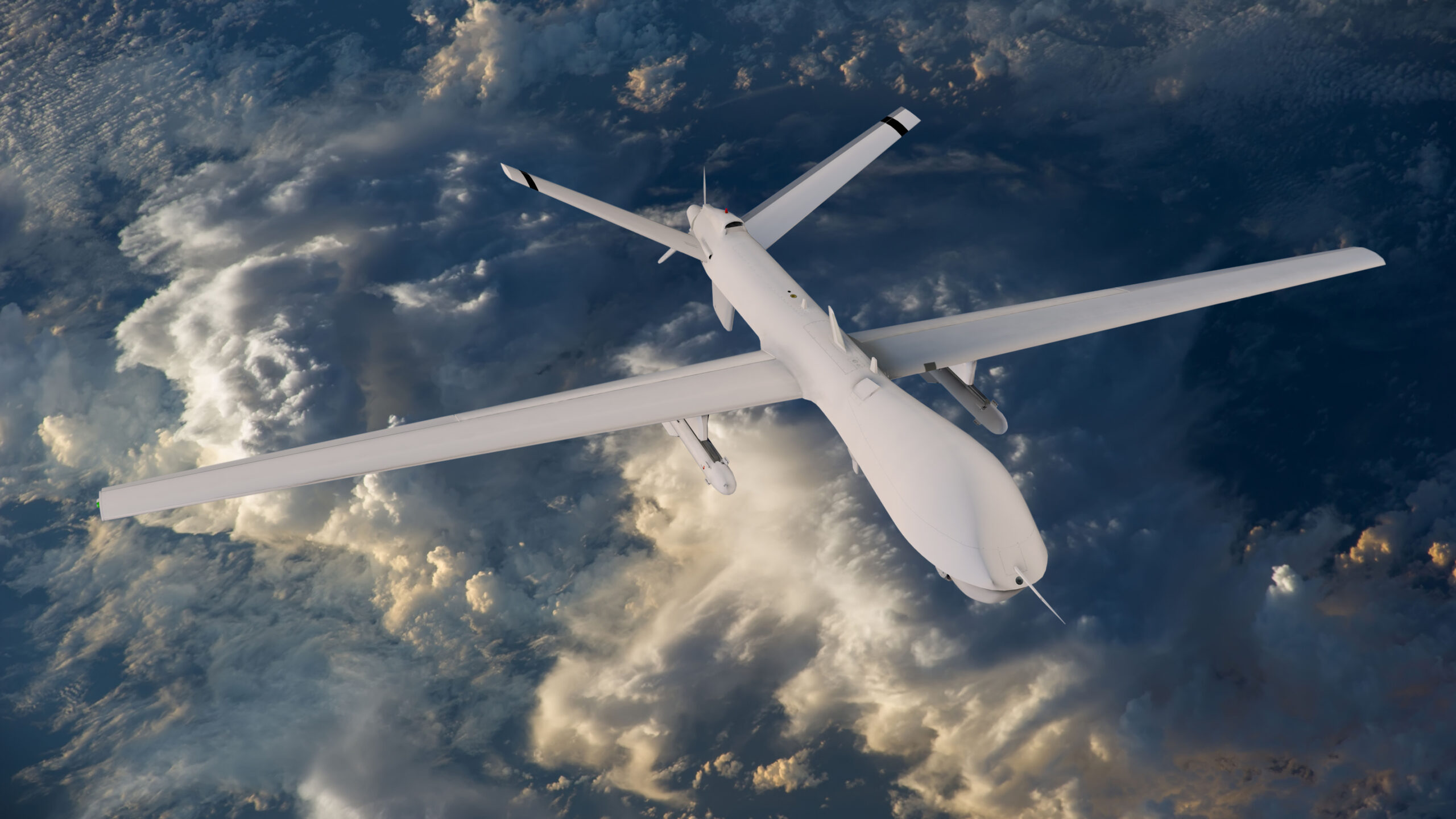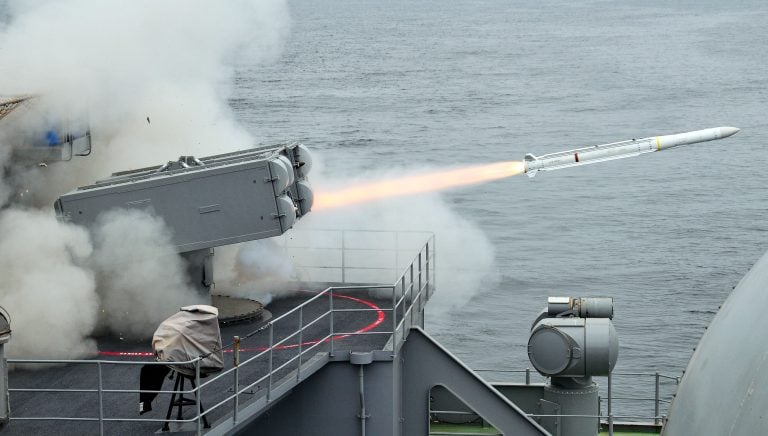The European Defence Agency (EDA) has initiated a significant three-year research project aimed at enhancing battery monitoring systems specifically for hybrid-electric aircraft and drones. This innovative project is designed to extend the lifespan of batteries, thereby boosting the overall performance of aerial vehicles.
According to the EDA, the advanced monitoring systems will be critical in predicting the safe usage lifespan of both the batteries and the materials utilized in the construction of the aircraft. This proactive approach is expected to minimize the risk of battery failure, ultimately leading to increased safety during flights.
The project is being led by Italy and includes contributions from Belgium, Greece, the Netherlands, and Germany, establishing a collaborative effort among several European nations. At its core, the initiative focuses on the development of aerial vehicles that incorporate structural lithium-ion/polymer batteries. These rechargeable batteries are tailored for aerospace applications, offering a dual function—they not only store energy but also contribute to the structural integrity of the aircraft. This innovative approach helps reduce overall weight and enhances fuel efficiency.
The EDA emphasized that this coordinated effort leverages the expertise and testing capabilities of various member states. By pooling resources and knowledge, the project aims to alleviate financial burdens while accelerating technological innovation within the aerospace sector.
The multifaceted project will unfold in several phases, including design, testing, and technology development. A consortium of participating European countries will work on developing sophisticated algorithms intended for early anomaly detection, thus enhancing the safety and efficiency of aircraft operations. Furthermore, the initiative will focus on designing a sensor network coupled with an advanced battery management system that adheres to stringent construction standards for structural batteries.
Laboratory tests and experimental procedures will be implemented to assess the durability and performance of both structural batteries and components of unmanned aerial systems under realistic operational conditions.
Established in 2004, the EDA plays a vital role in assisting EU member states to collaboratively build and enhance their defense capabilities. The agency’s mandate includes setting requirements, advancing operations, and fostering research and technology development. It also facilitates training and supports security and defense missions, working closely with defense industries across Europe to advance these objectives.







